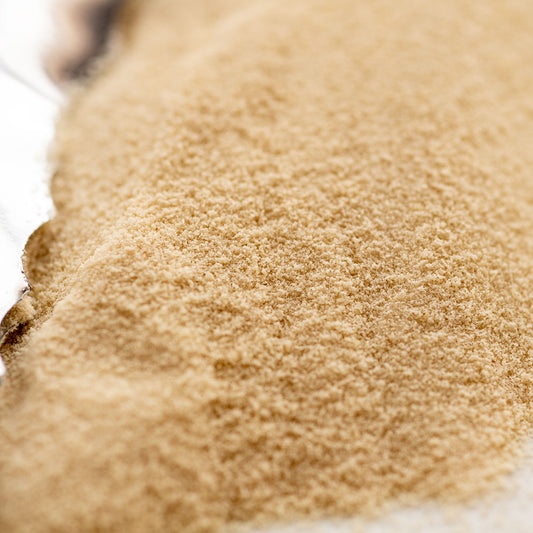Molecular Cuisine
about Molecular Cuisine: click here to read more
Molecular cuisine, also known as molecular gastronomy, is a modern style of cooking that uses scientific techniques and innovative equipment to create new textures, flavors, and presentations of food. It combines principles from chemistry, physics, and biology with traditional culinary arts to explore the physical and chemical transformations of ingredients during cooking.
In molecular cuisine, chefs often use specialized tools and ingredients like liquid nitrogen, foams, gels, sous-vide (precise temperature cooking), and emulsifiers to manipulate the structure of food in surprising and creative ways.
For example, chefs may turn liquids into edible foams, create spheres that burst in the mouth (known as "spherification"), or use freeze-drying to create a different texture.
This approach allows chefs to push the boundaries of flavor, texture, and appearance in ways that aren't possible with conventional cooking methods.
Molecular cuisine is not only to be visually fun but also to offer new sensory experiences, transforming familiar dishes into something entirely unexpected.
-
Agar Agar - 1.1 oz
Regular price $19.55 USDRegular priceUnit price / per$0.00 USDSale price $19.55 USD -
Calcium Chloride - 50 grams
Regular price $6.55 USDRegular priceUnit price / per$0.00 USDSale price $6.55 USD -

 Restocking - choose Notify me
Restocking - choose Notify meCalcium Lactate
Regular price $7.95 USDRegular priceUnit price / per$0.00 USDSale price $7.95 USDRestocking - choose Notify me -
Citric Acid - 50 grams
Regular price $6.95 USDRegular priceUnit price / per$0.00 USDSale price $6.95 USD -
 Restocking - choose Notify me
Restocking - choose Notify meEssential Pantry Glucose Powder
Regular price $5.95 USDRegular priceUnit price / per$0.00 USDSale price $5.95 USDRestocking - choose Notify me -

 Restocking - choose Notify me
Restocking - choose Notify meSodium Alginate
Regular price $16.95 USDRegular priceUnit price / per$0.00 USDSale price $16.95 USDRestocking - choose Notify me -
Sodium Citrate - 50 grams
Regular price $5.95 USDRegular priceUnit price / per$0.00 USDSale price $5.95 USD











